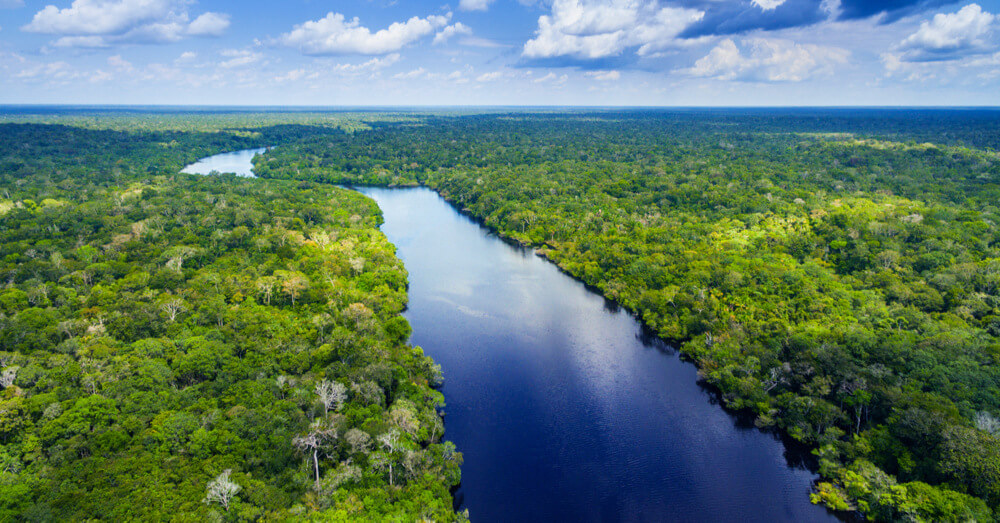
UPCO2 can be bought and held as an investment or burned to offset one’s carbon footprint
Yesterday, the Universal Protocol Alliance (UPA) announced the launch of the world’s first tradable carbon token, known as Universal Carbon (UPCO2). The UPA is a coalition of leading blockchain companies including Uphold, Bittrex Global, CertiK, Ledger and InfiniGold. The new token can be bought, sold, held as an investment or burned to offset one’s carbon footprint.
Projects that are certified as REDD+ (reducing emissions from deforestation and forest degradation) can convert their greenhouse gas reductions into tradable carbon credits, where one UPCO2 token represents one year-ton of CO2 pollution that has been avoided. International standards agencies, such as Verra, can issue a digital certificate called a Voluntary Carbon Unit (VCU), with every UPCO2 being backed by a VCU.
UPA Chairman Matthew Le Merle explained: “The projects we support through carbon credit purchases prevent deforestation in the Amazon, Congo Basin and Indonesia as well as other threatened rainforests. For a new generation of investors looking for more than mere financial return, UPCO2 offers attractive social, economic and environmental benefits. At a key moment for climate change, UPCO2 allows people worldwide to do good for the planet and potentially do well for themselves.”
UPCO2 could democratise a new asset class and establish a global clearing price for carbon, as there is for commodities such as oil and gold. Data from the World Bank suggests that in 2020, demand for carbon credits is already outstripping supply by a factor of four to one.
An increasing number of individuals and companies are voluntarily opting to offset their carbon footprint, and as more countries introduce regulated CO2 markets which force firms to compensate for their pollution, macroeconomic forces could significantly drive up prices in the Voluntary Carbon Credit market.
As production of new carbon credits is constrained by the slow process of Voluntary Carbon Project certification, demand could further outstrip supply: Between 2008 and 2018, human emissions rose from 25 billion tons to 55 billion tons while supply of voluntary credits remained broadly flat. Also, despite the proportion of countries operating regulated carbon markets increasing from 40% of global GDP in 2016 to 70% in 2020, humanity currently compensates for just 22% of global emissions through purchase and retirement of carbon credits.
UPA Co-founder and Uphold CEO, JP Thieriot, added “Combating climate cancer is likely to become the dominant economic issue of the next 20 years. The UPCO2 Token allows people everywhere to participate in this hugely important – and potentially lucrative – new market, as well as do the right thing for the planet.”

